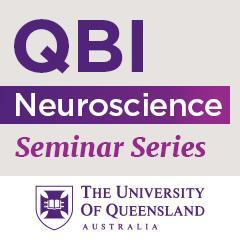Exploring the impact of social experience on child development and autism

Professor Lane Strathearn
Center for Disabilities and Development
University of Iowa
Title: Exploring the impact of social experience on child development and autism
Abstract: Infancy is a time of rapid neural development, in which repetitive, attuned social experiences are transformed into neural connections that become the foundation for social and cognitive development. Likewise, pregnancy, childbirth, lactation, and caregiving experience appear to prime a mother's brain to respond to infant by engaging specific neuroendocrine systems, including the dopamine reward and the oxytocin affiliation systems. Our research has explored the impact of early experience—both positive and negative—on child development. Likewise, we have shown, using functional MRI (fMRI), that maternal psychopathology including addiction, unresolved trauma, and insecure attachment impacts neuroendocrine responses to infant face cues, and subsequent child development. Our current research is testing whether early social experience interacts with genetic vulnerability, via epigenetic mechanisms, to affect the development of social communication in autism.
About Neuroscience Seminars
Neuroscience seminars at the QBI play a major role in the advancement of neuroscience in the Asia-Pacific region. The primary goal of these seminars is to promote excellence in neuroscience through the exchange of ideas, establishing new collaborations and augmenting partnerships already in place.
Seminars in the QBI Auditorium on Level 7 are held on Wednesdays at 12-1pm, which are sometimes simulcast on Zoom (with approval from the speaker). We also occassionally hold seminars from international speakers via Zoom. The days and times of these seminars will vary depending on the time zone of the speaker. Please see each seminar listed below for details.



